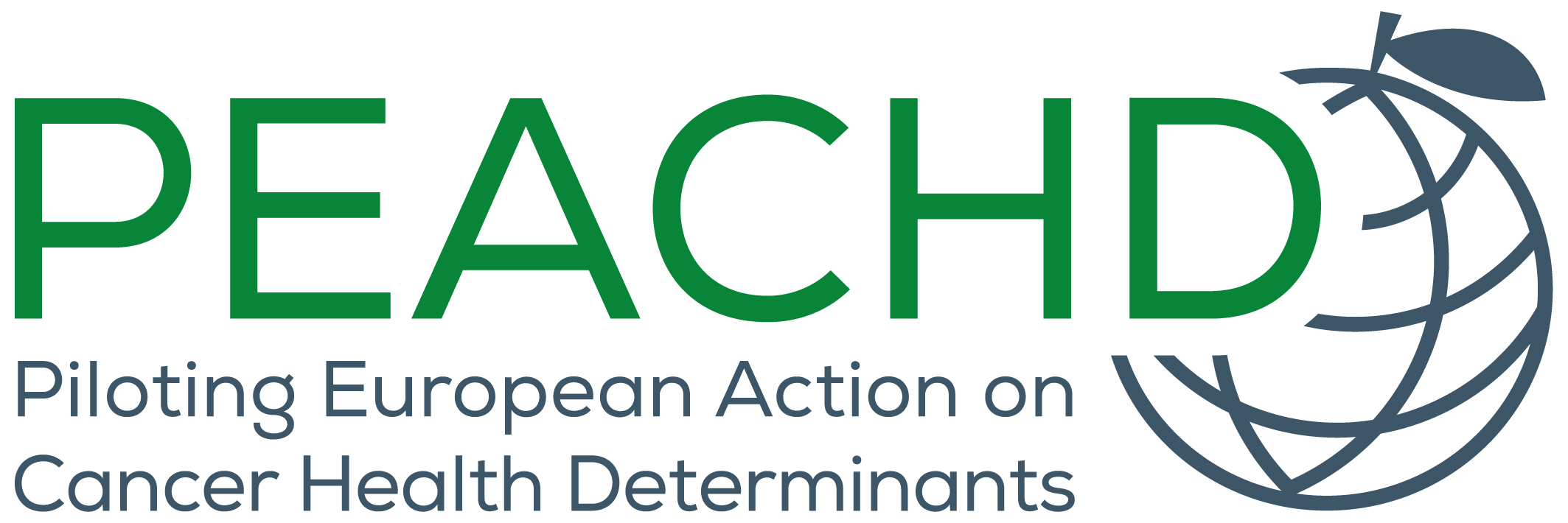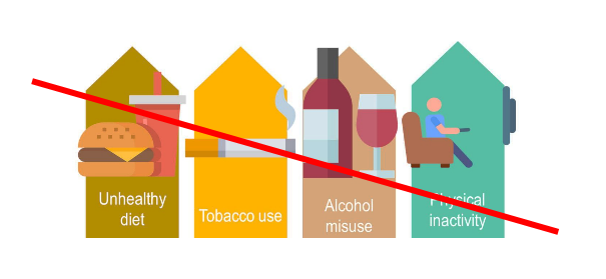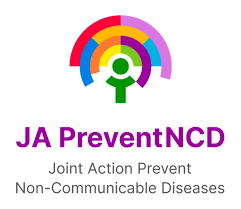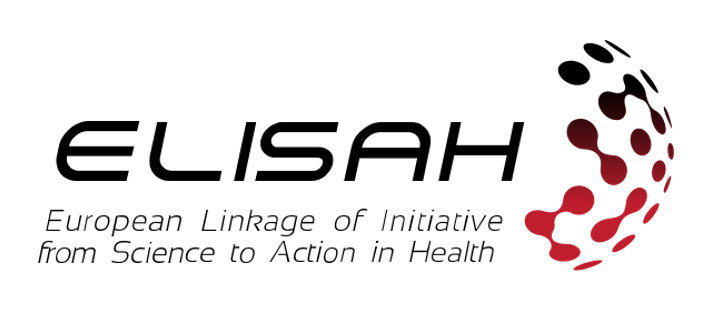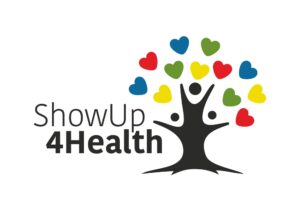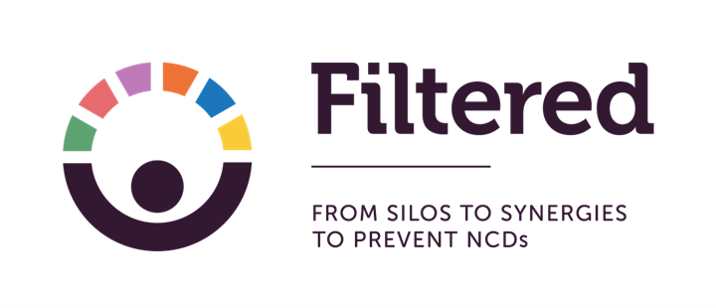About PEACHD
PEACHD will pilot the strategies to implement tailored screening and brief intervention programmes to prevent cancer (and other NCDs) in primary health care and community care settings, by addressing multiple lifestyle risk factors: smoking, alcohol use, physical inactivity, unhealthy diet, overweight, second-hand smoke, and sun exposure.
The action grant will focus especially on reaching people with low socioeconomic status, forced migrants, and Ukrainian refugees, in three European countries: Czech Republic, Poland and Spain.
Concretely, PEACHD will:
- Develop and tailor implementation strategies for a face-to-face intervention and digital tool to tackle the main lifestyle behaviours that increase the risk of cancer (and other NCDs);
- Run a pilot to study the programme feasibility in the general population, low-SES groups, and displaced individuals; by training health professionals, social workers, community care providers, and Ukrainian professionals in the intervention and promoting of the digital tool;
- Seek synergies, align with and support the EU Joint Action on Preventing Cancer and NCDs (JA PreventNCD) and other EU4Health action Grants and EU initiatives in the area of cancer prevention.
PEACHD timeline
PEACHD is divided into 3 main phases: 1) Tailoring and preparing implementation strategies, 2) Piloting the PEACHD tailored interventions, 3) Analysing the results and drawing out lessons for future initiatives:

PEACHD Work Packages & Outputs
The PEACHD work is divided into 7 work packages:
- WP1 – Coordination & Synergies (FRBC-IDIBAPS)
- WP2 – Stakeholder Consultation (ICAD)
- WP3 – Reviews & Needs and Gap Analysis (ICO)
- WP4 – Implementation Strategies (Gencat)
- WP5 – Pilot Studies (FRCB + MUW, CUNI, Gencat)
- WP6 – Project Evaluation (CUNI)
- WP7 – Communication, Dissemination & Sustainability (FRCB-IDIBAPS)
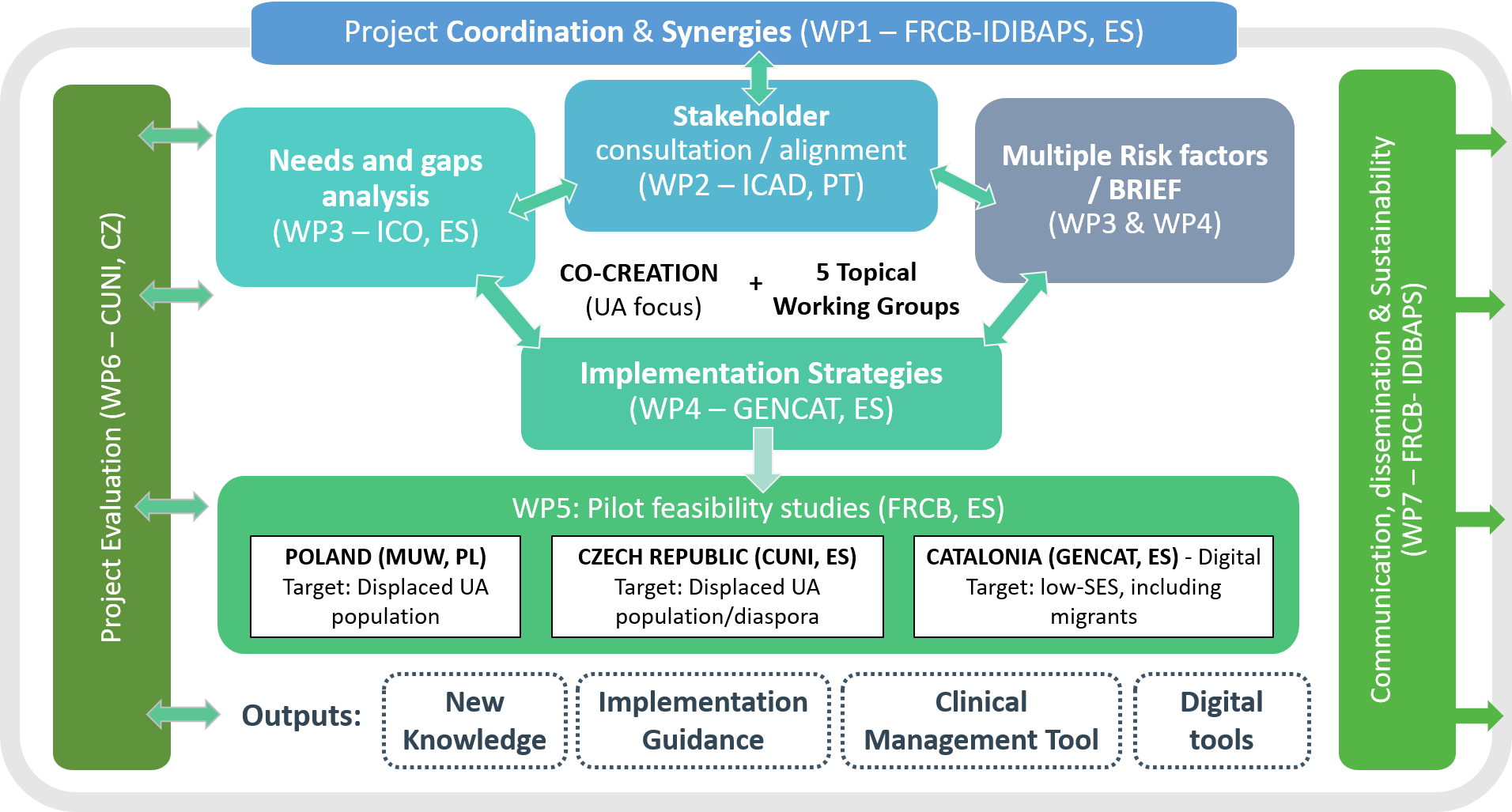

Who’s who in PEACHD
Find out more about the people working on PEACHD through sections below:
- Project Coordinators (WP1, WP5 & WP7): The Clinical Addictions Research Group (GRAC-GRE), in Barcelona Clínic Research Foundation-August Pi i Sunyer biomedical Research Institut (FRCB-IDIBAPS, ES)
- Principle Investigator: Hugo López Pelayo
- Coordinating Manager: Silvia Matrai
- Communications and Synergies: Fleur Braddick
- Technical and evaluation advisor: Jorge Palacio-Vieira
- Stakeholder consultation and alignment (WP2): Portuguese National Institute for addictive Behaviour and Dependencies (ICAD, PT)
- Group Director: Manuel Cardoso
- Stakeholder management and communication: Alexandra Pinto
- Technical officer: Claudia Costa Pereira
- Group co-lead: Graça Vilar
- Needs and Gap analysis (WP3): Tobacco Control Unit, Catalan Institute of Oncology (ICO, ES)
- Group Director: Christina Martínez
- Project manager for ICO: Laura Perdiguero
- Technical advisor: Montse Ballbè
- Technical advisor: Olena Tigova
- Implementation strategies (WP4) + Catalan pilot (WP5): programme on Drug Abuse, Catalan Public Health Agency (GENCAT, ES)
- Group Director: Lídia Segura
- Project manager for Gencat: Carla Bruguera
- Technical Officer: Jordina Capella
- Technical advisor: Lena Reisloh
- Technical advisor: Pol Rovira
- Polish pilot (WP5): Department of Psychiatry, Warsaw Medical University (MUW, PL) + Caritas Poland
- Group Director: Marcin Wojnar
- Technical advisor: Włodzimierz Wieczorek
- Technical advisor: Joanna Żołnierz
- Czech pilot (WP5) + Project Evaluation (WP6): Charles University, Prague (CUNI, CZ)
- Group Director: Miroslav Barták
- Technical advisor: Benjamin Petruželka
- Technical advisor: Alina Khomiakova
Synergies with the Joint Action and sister initiatives
PEACHD is one of four EU4health projects which will complement the implementation of the Joint Action to Prevent Non-Communicable Diseases and Cancer (JA PreventNCD). Expected results of synergy activities will include initiatives to complement the Member States’ efforts in the design, planning and implementation of best practices, such as evidence to support the development of public health guidelines and the preparation and roll out of new policy approaches; participation in and alignment with the JA pilot testing of innovative practices; development of capacity-building tools, such as training and twinning, health communication or health literacy initiatives; and support for implementation of best practices in health promotion and disease prevention.
JA PreventNCD
The Joint Action to Prevent Non-Communicable Diseases is designed to address the challenge posed by cancer and other non-communicable diseases (NCDs), which represent a significant portion of the disease burden in Europe, much of which is preventable. JA PreventNCD will support strategies and policies that aim to reduce the burden of cancer and NCDs, focusing on both personal and societal risk factors.
ELISAH
ELISAH aims to reduce the burden of breast cancer by acting on modifiable risk factors and involving NGOs and patient groups, developing strategies that integrate structural interventions and individual health promotion, and the relationships between risk factors: pollution, the built environment, unhealthy nutrition, physical inactivity, alcohol and tobacco use.
ShowUp4Health
The general objective of ShowUp4Health aims to address social and environmental health determinants, which contribute to the increased risk of NCDs in vulnerable groups (primarily Roma communities and secondarily internally displaced people (IDPs)).
